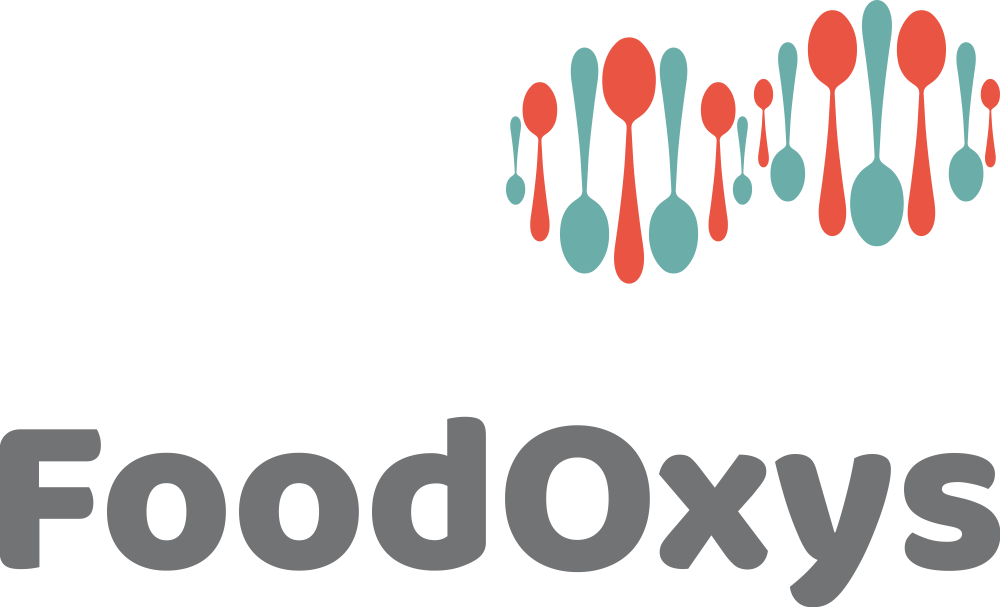
Free radicals & antioxidants
Antioxidants are endogenous or exogenous bioactive compounds, which demonstrate strong protective activities against the free radicals both at the cellular and the organismal level. Antioxidants are produced naturally in the human body or taken through the diet. The human body has the ability to produce a number of antioxidant molecules and among them glutathione is the most important.
Free radicals are potentially harmful molecules, produced either as byproducts of human metabolism or under the influence of xenobiotic agents, such as smoking, alcohol consumption, air pollution, ionizing radiation, and specific drugs. Although in low concentrations they have important physiological roles and are necessary for the proper functioning of the organism, their excessive levels can cause significant oxidative damage to biological macromolecules, such as proteins, lipids, and nucleic acids. The excessive generation of free radicals has been associated with a multitude of pathological conditions, such as cardiovascular diseases, neurodegenerative diseases, and cancer, while it has also been proposed as a potential mechanism for aging. However, their clinical significance has not yet been clarified.
Antioxidants neutralize the excess of free radicals. In the case that the endogenous antioxidants are not sufficient to maintain redox homeostasis, the administration of nutritional antioxidants is required. Under basal conditions, a balance between free radicals and antioxidants is maintained. An imbalance between the production and accumulation of free radicals in cells and tissues and the ability of a biological system to detoxify them leads to a phenomenon known as oxidative stress. Oxidative stress is caused either by the reduced activity of the antioxidant mechanisms or by the excessive generation of free radicals. Oxidative stress has been associated with various diseases, such as cardiovascular diseases, respiratory diseases, neurodegenerative disorders, and cancer.







